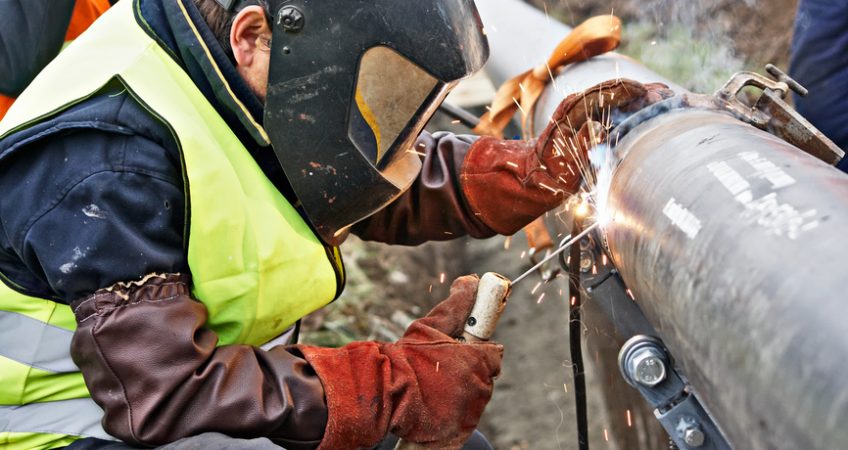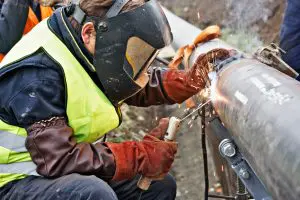

Full-shift sampling representing workplace exposures for airborne contaminants such as gases, vapors, fumes, mists and particulate matter are conducted for determination of OSHA compliance, respiratory hazard and health risk. Risk determination is referenced to existing OSHA, NIOSH, & ACGIH standards regarding Occupational Exposure Levels.
Complete AHERA quality inspections are provided with bulk sampling to determine presence, condition and location of asbestos containing materials. Removal or repair projects, air sampling, exposure assessments and project management services are available to comply with OSHA requirements for asbestos exposure. Occupant and general awareness training programs can also be tailored and provided for clients.
Full services including lead exposure assessment, engineering control evaluations, personal protective equipment determination, work practices/administrative control review and writing/review of compliance programs can be provided. Sheffield Safety assists clients in preparingwritten lead programs & assuring that employees are trained in accordance with OSHA’s Lead Standard
Sheffield Safety assists employers in reducing silica exposure, which could potentially lead to a silicosis risk or other lung disorders. SSLC provides silica dust exposure assessments and assist clients in developing silica programs including training, medical surveillance, the use of engineering/administrative controls and other means to substantially reduce or eliminate silica exposures in the workplace.
Full-shift sampling representing workplace exposures to noise including personal dosimetry and area mapping are provided. Sheffield Safety also assists clients in developing hearing conservation programs, which can potentially reduce noise exposures through engineering controls or appropriate selection of personal protective equipment.
Workstation design assessments can be performed in office & industrial settings to ensure that risk factors leading to musculoskeletal distress are greatly reduced. Anthropometric measurements and, when feasible, video assessment of work practices can be performed. Recommendations for the reduction of strains and other risks are provided to clients following the assessment.
Ventilation system evaluation for indoor air, hospital, and industrial applications can be provided to measure the efficiency of general (dilution) ventilation systems or local exhaust ventilation. In areas where airborne exposure assessments indicate a health risk, recommendations on ventilation control and design are also provided.
Current use of PPE can be evaluated and recommendations on new use will be made for all levels of protection. In addition, full respiratory protection program services can be provided including exposure evaluation, selection of appropriate respirators, fit-testing and program development. Training can be provided to program administrators and employees regarding the use of respiratory protection. SSLC also can assist in the selection of a Physician or Other Licensed Healthcare Professional (PLHCP) for medical evaluations required for respirator use.
A review of current industrial hygiene programs can be done to determine their effectiveness. These include evaluations of Hazard Communication, Hearing Conservation, Respiratory Protection, Lead Compliance or any other existing program.
